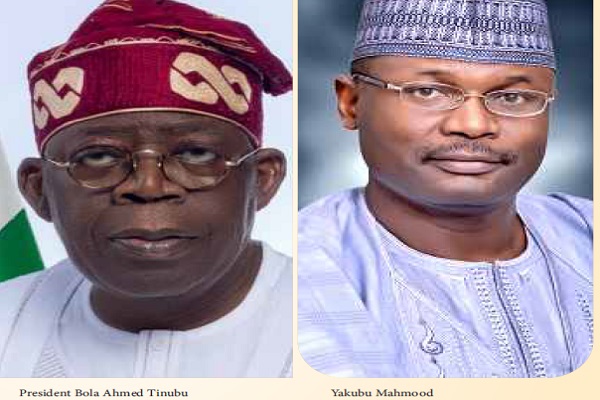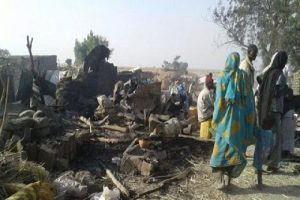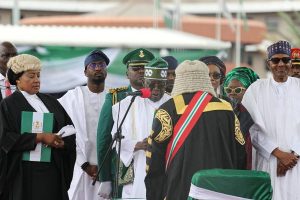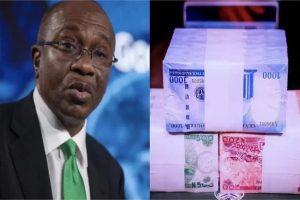The year 2023 has been rightly described as Nigeria’s election year. The entire year was defined by the general elections, as their fallouts and related matters reverberated across the country and engaged the citizens for most part of the year.
The general elections produced a new President, 28 new or reelected state Governors, a new National Assembly (Senate and House of Representatives) as well as House of Assembly members in all the 36 states of the Federation. The elections were held, in large part, on February 25, and March 11, 2023. The president and vice president were elected on February 25, with incumbent President Muhammadu Buhari ineligible to run, being term-limited. There were also elections on the same day for the Senate and the House of Representatives. On March 11, 28 gubernatorial elections were held alongside elections to state houses of assembly in all 36 states. Three additional gubernatorial elections were held later in the year in Bayelsa, Kogi and Imo states, alongside rerun elections in some states.

The president-elect, Bola Ahmed Tinubu, was sworn in on May 29 as the 16th president of Nigeria, at Eagle Square, Abuja, alongside Vice-President-elect, Kashim Shettima, while 28 state Governors, 18 of them newly-elected, were sworn in in their respective states.
Tinubu replaced President Muhammadu Buhari who had served the maximum constitutionally permissable two terms of fours years each.
The newly elected Governors who took their oath of office on May 29, were Alex Otti of Abia State; Umo Eno of Akwa Ibom State; Hyacinth Alia of Benue State; Bassey Otu of Cross River State; Sheriff Oborevwori of Delta State; Francis Nwifuru of Ebonyi State; Peter Mbah of Enugu State; Umar Namadi of Jigawa and Uba Sani of Kaduna State.
Others are Abba Kabir Yusuf, Kano; Dikko Umar Radda, Katsina; Nasiru Idris, Kebbi; Mohammed Umar Bago, Niger State; Caleb Mutfwang, Plateau State; Siminialayi Fubara, Rivers; Ahmed Aliyu, Sokoto; Kefas Agbu, Taraba; and Dauda Lawal, Zamfara.
Re-elected Governors who also took fresh oaths of office for their second terms are Ahmadu Umaru Fintiri of Adamawa State; Bala Mohammed of Bauchi State; Babagana Zulum of Borno State; Muhammad Inuwa Yahaya of Gombe; Abdulrahman Abdulrazaq of Kwara State; Babajide Sanwo-Olu of Lagos State; Abdullahi Sule of Nasarawa State; Seyi Makinde of Oyo State and Dapo Abiodun of Ogun State.
Weeks or months after their inauguration, the President and the Governors appointed and inaugurated their ministers and commissioners, respectively, to mark the full take off of their administrations.
In spite of the formation of new governments at Federal and state levels, the ripples of the elections have continued to linger through electoral petitions. The 2023 elections are reported to have generated the highest number of petitions in Nigeria’s electoral history. As at October, the Independent National Electoral Commission (INEC) confirmed that 1,196 petitions were filed in the elections at all levels nationwide, representing a 94% litigation rate. The most sensational and controversial was the Presidential Election Petitions which generated worldwide interest, national threw up many issues, including the credibility of the judiciary and petitioners going to US courts in search of evidence, before they were dismissed.
While the record number of petitions arising from the elections question the credibility of the elections, INEC insists that most of them are frivolous. It argued that, with 712 of the petitions dismissed and 179 withdrawn, representing 74.4% litigation failure rate, there is no merit in the allegations that the elections were not credible.

As at the time of writing this report, deep into December, many other petitions were still pending in the appeal and Supreme Courts.






